cardinal number (n)
/ˈkɑrdnəl ˈnʌmbər/
a number, such as 1, 2, and 3, used to show quantity rather than order
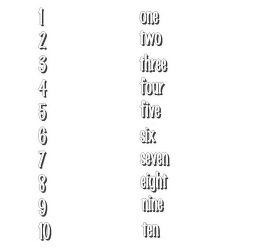
ordinal number (n)
/ˈɔrdnəl ˈnʌmbər/
a number that refers to the position of something in a series, for example “first,” “second,” etc.
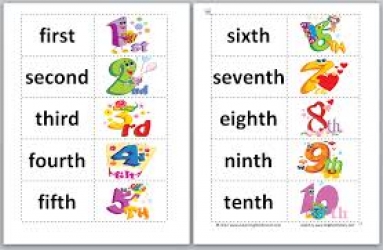








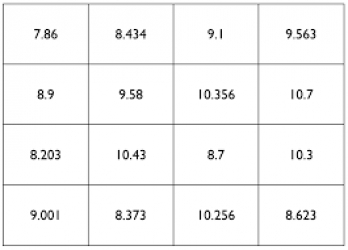
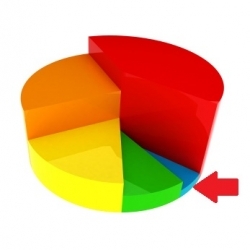

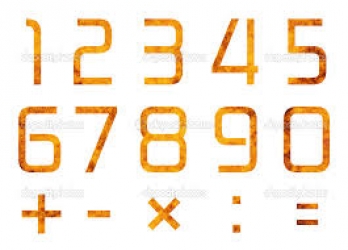












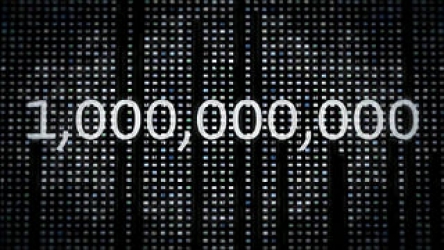

















 Hãy đăng ký thành viên và đăng nhập để sử dụng chức năng này!
Hãy đăng ký thành viên và đăng nhập để sử dụng chức năng này!
Bình luận